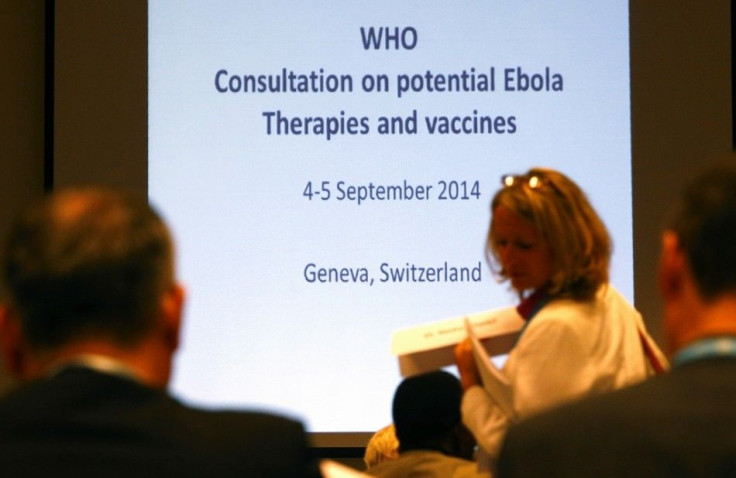Ebola Virus Might Reach Australia in Months; Health Dept Says Australia Prepared For Outbreak

Health experts and scientists gathered in Melbourne for an annual summit and assessed Australia's role in fighting outbreaks such as the Ebola virus in the West Africa. Reports said health experts think Ebola might reach Australia within months. Barbara McPake from the Nossal Institute Global Health stressed that the public should not panic because the chances of the virus spreading is "low."
She explained that the country has a "very strong health system" and Ebola was not a difficult disease to control since the symptoms of the virus and its contagiousness can be detected at the same time. McPake compared Ebola to HIV in which a person who has HIV may not be aware of the symptoms. In the case of an Ebola patient, he or she can be immediately identified and quarantined.
Her comments came after the World Health Organisation has announced that a vaccine will be available to treat Ebola patients within weeks. The international agency said the serum, developed using the blood of those who survived the disease, will be available for use.
Scientists explain that the body of an Ebola survivor has built resistance or immunity to the virus. The survivor gains antibodies to protect the body if in case the virus will attack again. Reports said doctors will be taking samples from the blood of Ebola survivors for testing and transform it into a serum to cure the infected.
Meanwhile, Australia's Department of Health has rejected claims that the country's medical teams are not prepared for an Ebola outbreak. Chief Medical Officer Chris Baggoley said Health Minister Peter Dutton had not asked for the Australian medical assistance teams to be sent to West Africa. Baggoley revealed the medical teams had not been given training on personal protective equipment. Reports said healthcare workers will need about two weeks of training before they will be ready to be deployed to countries affected by Ebola.
In a report by The Guardian, Greens Senator Richard Di Natale said Prime Minister Tony Abbott had travelled to Papua New Guinea to discuss Ebola preparations should the virus reach the region. The senator revealed he was told that Australian medical teams were not given the specific training they need for deployment. Deputy Labour leader Tanya Plibersek demanded an explanation from the Abbott government for its earlier assurances to neigbouring countries that Australia is ready to help if Ebola reaches them.
Health Department head Martin Bowles said Baggoley's statements may have been misinterpreted as Australia is capable of dealing with Ebola. He assured that states and territories have been training staff and holding demo exercises in hospitals.





















